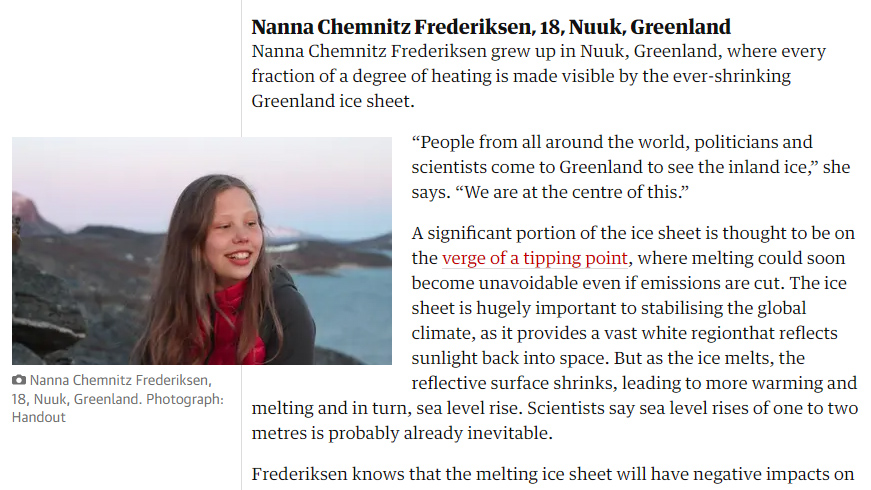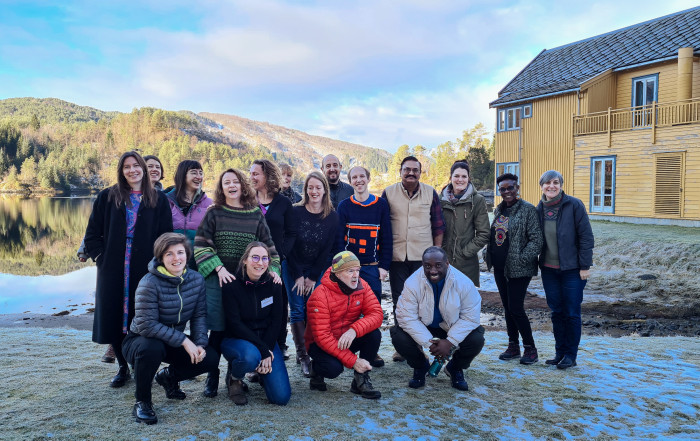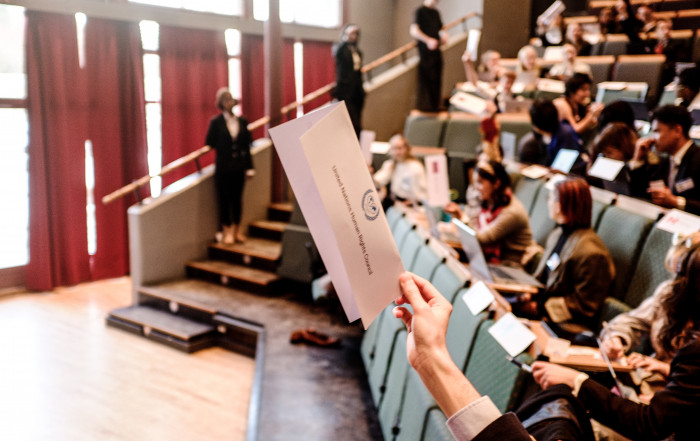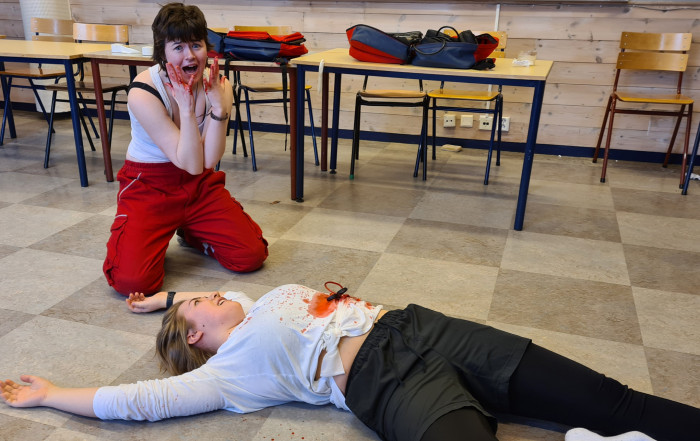“People from all around the world, politicians and scientists come to Greenland to see the inland ice,” she says. “We are at the centre of this.”
A significant portion of the ice sheet is thought to be on the verge of a tipping point, where melting could soon become unavoidable even if emissions are cut. The ice sheet is hugely important to stabilizing the global climate, as it provides a vast white region that reflects sunlight back into space. But as the ice melts, the reflective surface shrinks, leading to more warming and melting and in turn, sea level rise. Scientists say sea level rises of one to two metres is probably already inevitable.
Frederiksen knows that the melting ice sheet will have negative impacts on communities across Greenland, especially in northern settlements such as Qaanaaq where permafrost melting is destabilizing homes and roads and impacting how fishers and hunters operate.
But her real concern lies on the impact it will have globally. “I am not so scared of what the effects of the melting of ice in Greenland will be,” Frederiksen says, “It scares me what effect it can have for the rest of the world.”
Latest News
Collaboration Across UWCs: Differentiation Workshop at RCN
Collaboration across UWCs is often tricky to organise face-to-face, but for three days at UWCRCN, colleagues from Dilijan, Adriatic, Maastricht, and Robert Bosch gathered for a workshop on Differentiation in Approaches to Teaching and [...]
RCN Model United Nation: Developing Global Perspectives
The annual Model United Nations at RCN is a moment for the 1st year class to bond in something intellectually challenging, emotionally engaging, and also a little physically demanding. All of those things [...]
Special Weeks at RCN
At the Red Cross Nordic United World College, students don't just attend classes; they also participate in various unique experiences that allow them to develop their skills and passions, challenge themselves, and connect with [...]




